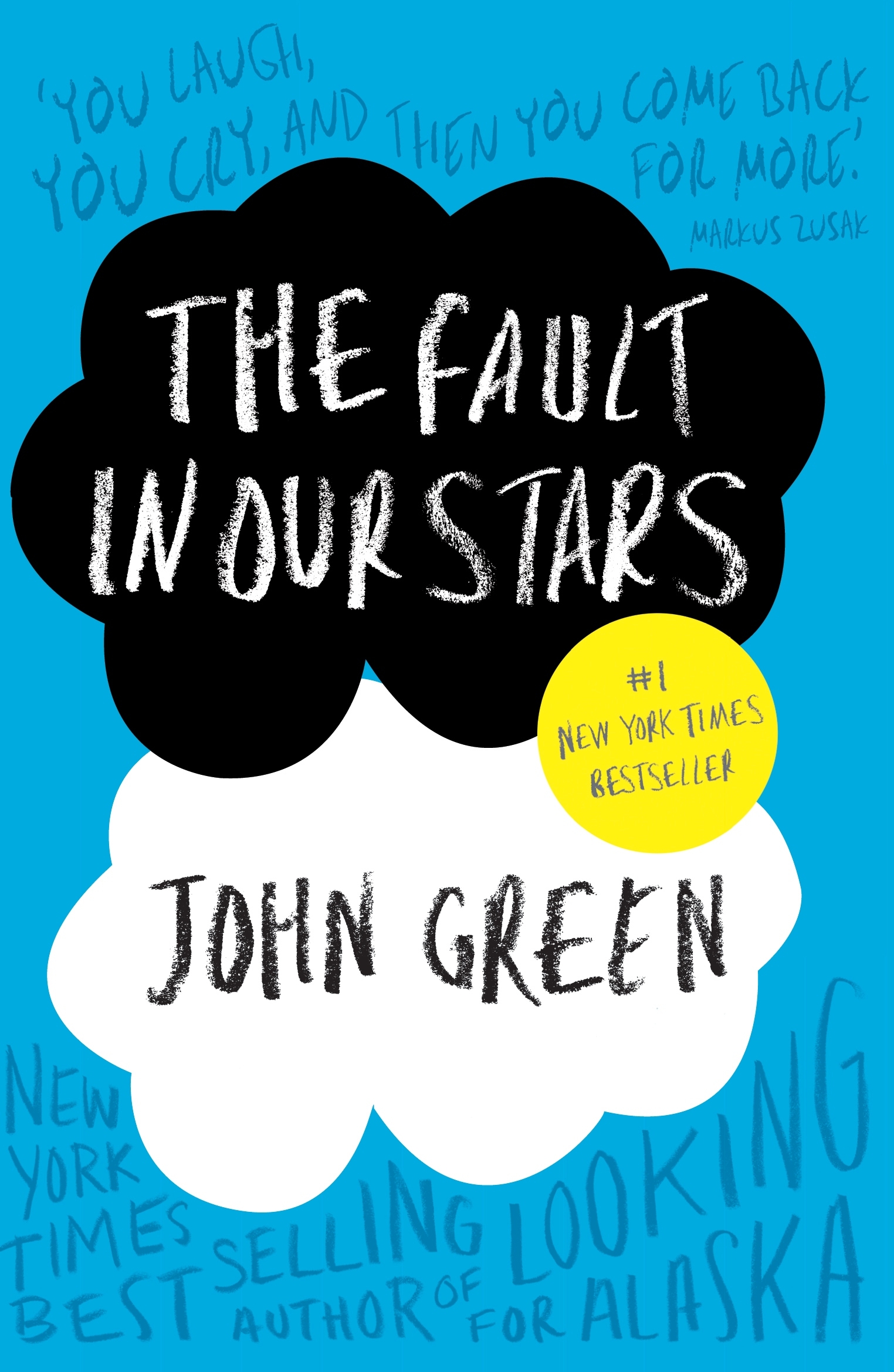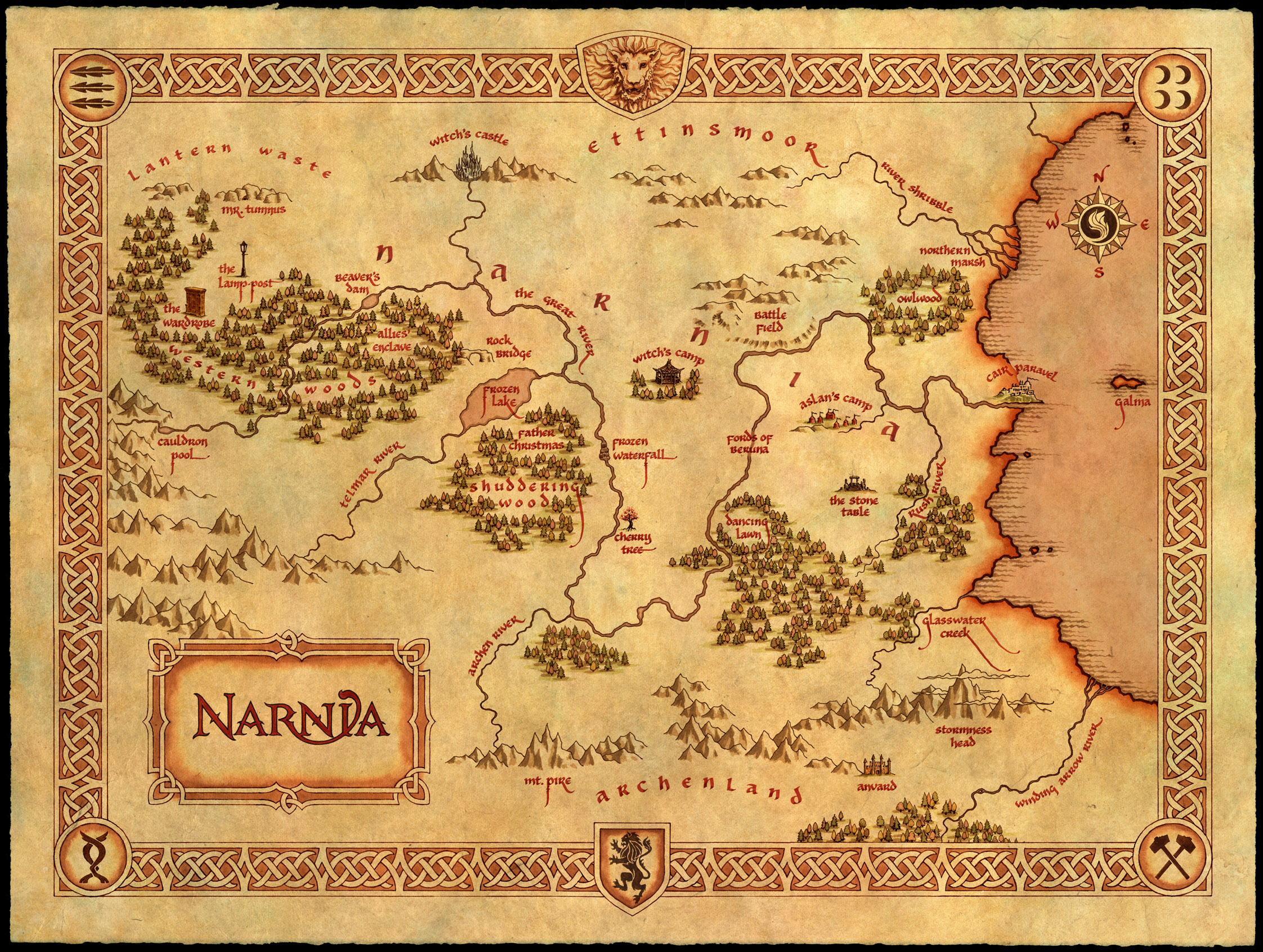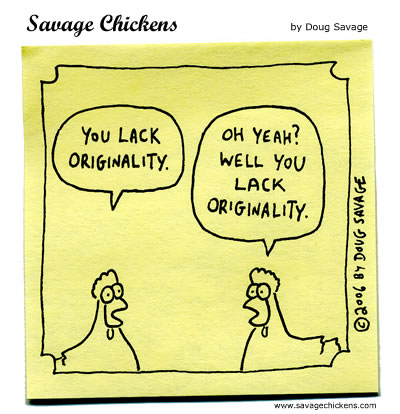I have read a lot on this subject, so I won't pretend that I just made some kind of scientific breakthrough. This post really only consists of the best advice on this subject that I have seen.
Ladies first.
This is super easy for me because I am a girl. But for a guy, I can imagine that it might be pretty scary to try to write from a female's POV.
Every girl is different: unique in their own way, just like guys. Remember that when you are writing. so none of these points will apply to
every single girl.
1. Girls often tend to over-analyze. "That guy just smiled at me! Does that mean he likes me, or was he just being polite? Or maybe he was smiling at someone else...or maybe he just zoned out and didn't even realize he was looking at me. Or maybe..." Girls will look into someone's words or actions and try to figure out
exactly what they meant by it.
2. Not every girl is into clothing and makeup. Try to get away from that cliche.
3. Females tend to fight more with their emotions. Some are physically-oriented, but most will try to cut another down with a mean word or look. They usually won't have a fistfight and then everything is resolved. They can also hold grudges.
4. Girls don't like being alone. Ever wonder why there is always a big group just to go to the bathroom?They need their friends around them. It's their pack, their posse.
5. Sometimes, they can get mad for (seemingly) no reason. BUT! Remember, that there usually always
some reason for it, even if it is not immediately visible.
And now for the men!
I have brothers, I have guy-friends, and I've heard a lot of different advice from guys, about guys. I can't ensure that all of this is 100% accurate, but just like the girls, these won't apply to every boy out there.
1. Men are more physically oriented. Unlike girls, they are not inclined toward the heart-to-heart. They would rather a thump on the back with a quick, encouraging word...not a hand-written letter telling all you love about him.
2. They will not turn down a challenge. Especially if a girl is around, or if it tests their physical abilities.
3. They can be blind to others feelings sometimes. Just like girls can sometimes over-analyze, guys can sometimes under-analyze. So they might come across calloused, even if they really aren't.
4. Guys don't think poetically. Seriously though. I heard this from a guy on YouTube, (I tried to find the video, but I couldn't) and it makes SO much sense. When a guy sees a girl, his mind won't start reciting how perfect her facial features are. Most likely, the only thing that will be going through his head is "
Dude. What?"
5. They feel the need to be the 'Strong One'. When in a hard situation, the guy will try to protect the others. He will do anything to keep them safe.
THAT'S IT! But trust me, there is
waaayy more to males and females than there is in here, but at least this is a start!
--The Bandit



























